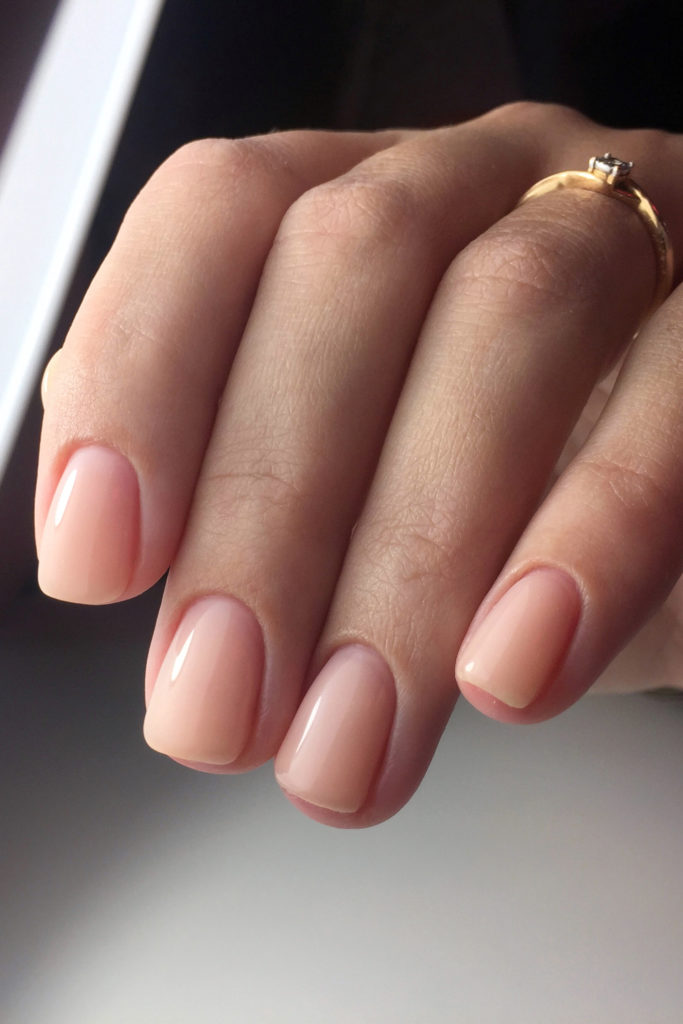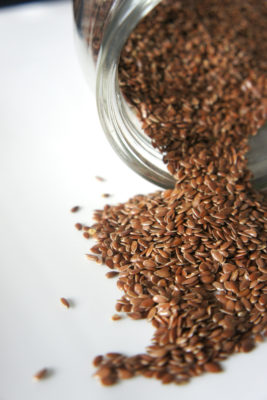Is Acacia Tree Extract The Natural Collagen Alternative We’ve Been Looking For?
By
1 year ago
This ingredient has its roots in historical skincare

Chances are, you’ve heard of collagen. The beauty industry buzzword has dominated skincare for years now, and is often hailed as one of the main preventative solutions to signs of aging. But this vital protein sometimes has its limits, especially for practicing vegans (who can’t actually use it). One plant-based collagen alternative we’ve noticed popping up on the market lately is acacia tree extract – we asked the experts just what it does and why it’s so beneficial in skincare.
Is Acacia Tree Extract A Good Collagen Alternative?

(c) David Clode, Unsplash
What Is Acacia Tree Extract?
Acacia tree extract is a plant extract that it typically rich in tannins. As the name implies, the substance comes from acacia trees, a hardy plant native to tropical and subtropical regions. ‘Acacia trees grow in some of the most hostile environments on the planet to plant life, right along the fringes of the Sahara,’ explains ethnobotanist and Liz Earle ambassador James Wong. ‘With searing UV levels, poor soils and prolonged drought, these remarkably resilient trees are able to thrive thanks to a unique protective compound they have evolved to defend their delicate tissues.
‘Acacias are what botanists call a “keystone species” in these regions, because of their ability to draw nitrogen out of the air through their leaves and turn it into fertiliser in their roots,’ he continues. ‘This creates the basis of soil fertility for the entire ecosystem, including the plants, animals and people that rely on it. A keystone upon which all life depends.’
Acacia tree extract has recently become something of a hero ingredient in skincare, with brands likening it to a collagen alternative. As James notes, ‘Liz Earle works with local communities to harvest the extract from wild trees and process it to create an ingredient which has a similar moisturising benefit on the skin – like that of collagen – to help leave it feeling plumper and firmer. The extract is harvested in a very similar way to how you would harvest maple syrup from a maple tree.’
But it’s not the first time it’s been touted within the realms of beauty and wellness. ‘Acacia tress have been used for at least 5,000 years, across Northern Africa and the Middle East, making them some of the oldest known used ingredients in skin care,’ James tells us. ‘The acacia tree’s rich, golden sap contains complex natural polymers, consisting of sugar compounds, which exudes from any cut or wound on the tree to quickly seal and protect the surface. This immediately halts water loss and staves off the risk of infection, making it a very valuable resource.’
@lizearlebeautyco Our new Superskin Advanced Cleansing Balm and Moisuriser leaves you with visible results and happy skin #lizearlebeauty #lizearlecleansingbalm #plantbasedcollegan #promiseofplump #superskinadvanced ♬ original sound – lizearlebeautyco
What Are The Benefits Of Acacia Tree Extract In Skincare?
One of the key benefits of using acacia tree extract in skincare is the moisture boost it can give, which in turn helps protect the skin barrier from excessive dryness. ‘When applied to the skin, acacia tree extract helps to form a protective, moisture-retaining layer to the surface of the skin – just like it does for the plant – creating a plumping, smoothing effect,’ James explains. ‘The tree’s protection essentially becomes our protection from dryness.’
It’s these high levels of hydration, in combination with acacia tree extract’s high levels of tannin, that also help to reduce some signs of aging. ‘Acacia extract has the really wonderful property of spreading quickly and evenly over the surface of the skin giving it a light, non greasy feel and fast absorption,’ says James. ‘Once applied its ability to hold water helps to immediately hydrate the skin, leaving it feeling smooth and supple. This hydration can also help reduce the visual appearance of fine lines and other surface imperfections.’
Does It Work As A Collagen Alternative?
In theory, yes. There’s a reason that acacia tree extract is being rebranded as ‘acacia collagen’.
To recap, collagen is an essential protein that is naturally occurring in the human body. It’s used primarily to build connective tissues, as well as repair skin and keep it plump and elastic. We start to produce less collagen as we get older, from around the age of 20, at an average of about one percent less per year. This can result in skin losing its density, drooping and developing wrinkles – in other words, the signs of aging start to kick in.
As we’ve previously mentioned, acacia tree extract is incredibly rich in tannin, a class of astringent, polyphenolic biomolecules that bind to and precipitate proteins and various other organic compounds – and which have also been suggested to be potential stabilisation agents for collagen and elastin. This means that it should help ‘top up’ or keep collagen at a consistent level while also deeply hydrating the skin.
Is Acacia Collagen Vegan?
Good news for vegans: collagen alternatives derived from acacia tree extract are indeed plant-based.
While there are five main types of collagen, supplement and skincare specialists have indicated that only types I, II and III are useful to the human body. These types are found in bovine and marine collagen as well as many plant-based alternatives. ‘While [plant-based alternatives] cannot really be called collagen supplements, as they contain no actual collagen, they are formulated to boost your body’s natural production of collagen and are suitable for vegans,’ says Alexander Johnston, General Manager of John Bell & Croyden.
Does Vegan Collagen Actually Work?
While we’re getting to grips with vegan collagen – and collagen alternatives like acacia tree extract – it’s worth noting that we still don’t know a lot about it, especially compared to bovine and marine collagen.
@distilledscience Reply to @chumbawumba4pres @distilledscience want me to cover the #science behind different “boosters”? #collagen #skincare ♬ The Magic School Bus Theme – Stuart Petty
Others have also pointed out that vegan collagen isn’t really collagen at all. ‘Brands will highlight words like “booster” or “builder” when talking about collagen,’ says TikTok account @distilledscience. ‘Why? Because there is no natural source of vegan collagen. It’s an animal protein. These brands are mostly just combinations of vitamins A, C and E, and a long list of plants that may or may not help the skin with mechanisms totally different from actual collagen… scientists have been working for decades to engineer yeast and bacteria that can basically pump out collagen; these are called recumbent collagen, and so far have mostly been used for medical purposes like wound healing and rebuilding human tissue. Super cool, but very expensive.’
@drrajarora Replying to @Yoga with Emma Are vegan / vegetarian collagen supplements as good as the real thing? #collagen #collagensupplements #vegancollagen #vegetariancollagen #supplements #drarora #skindoctor ♬ original sound – Dr Raj Arora
‘Collagen supplements are trending and there is also evidence to show that animal-based, marine, hydrolysed collagen supplements can help with skin health, can help with hair health, can help with bones and joints etcetera,’ adds Dr Raj Arora, a GP and aesthetic doctor who shares her advice on TikTok. ‘However, the vegetarian or vegan options are plant-based. Normally, the main ingredient [in plant-based collagen alternatives] is vitamin C. How potent that is and how much it actually works, we don’t know – because we don’t have a lot of studies to promote or a lot of the evidence needed in this area.
‘So if you are somebody who is vegan or vegetarian and you’re not taking an animal-based or marine collagen supplement, then you may be better off just taking a general skin health supplement that has antioxidants in it,’ she continues. ‘Or just upping your diet with those really important antioxidants […] to help boost skin health overall. I probably wouldn’t bother with a collagen supplement that’s plant-based at this point in time.’
So it seems that opinions are at odds, for the most part. One thing that can be agreed on, however, is that ingredients and ingredient alternatives need to be examined on a case by case basis to figure out their value in skincare – as a collagen substitute or otherwise. But when it comes to acacia tree extract, we think we might be onto a winner. This super hydrating ingredient is a promising start on the journey towards more viable collagen alternatives – and we can’t wait to see where it leads us.
Featured image: Nina Luong, Unsplash









